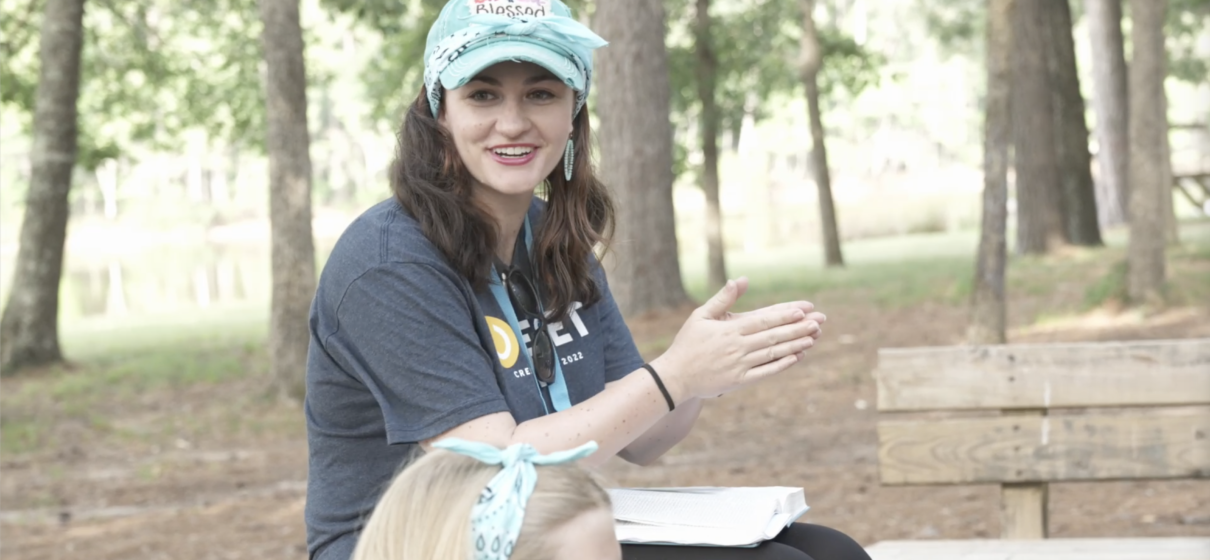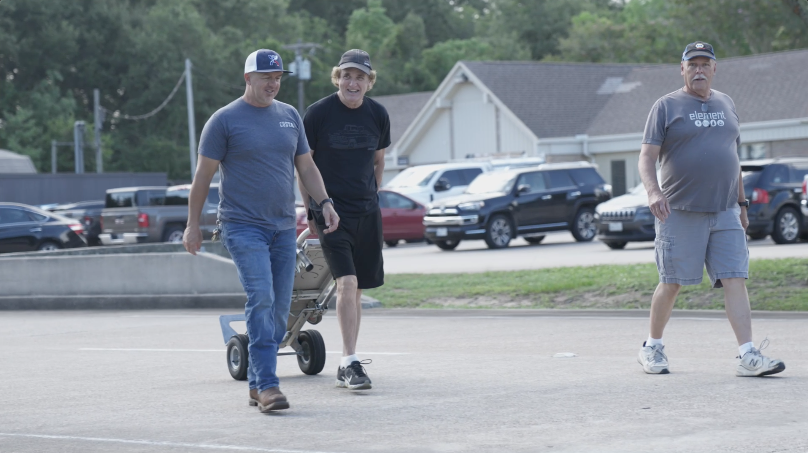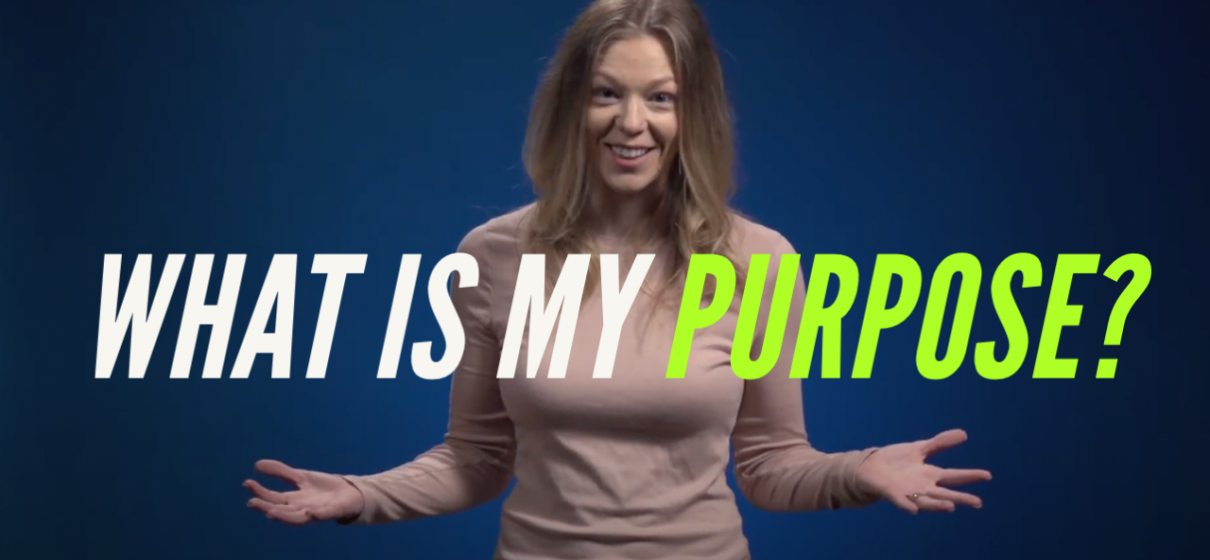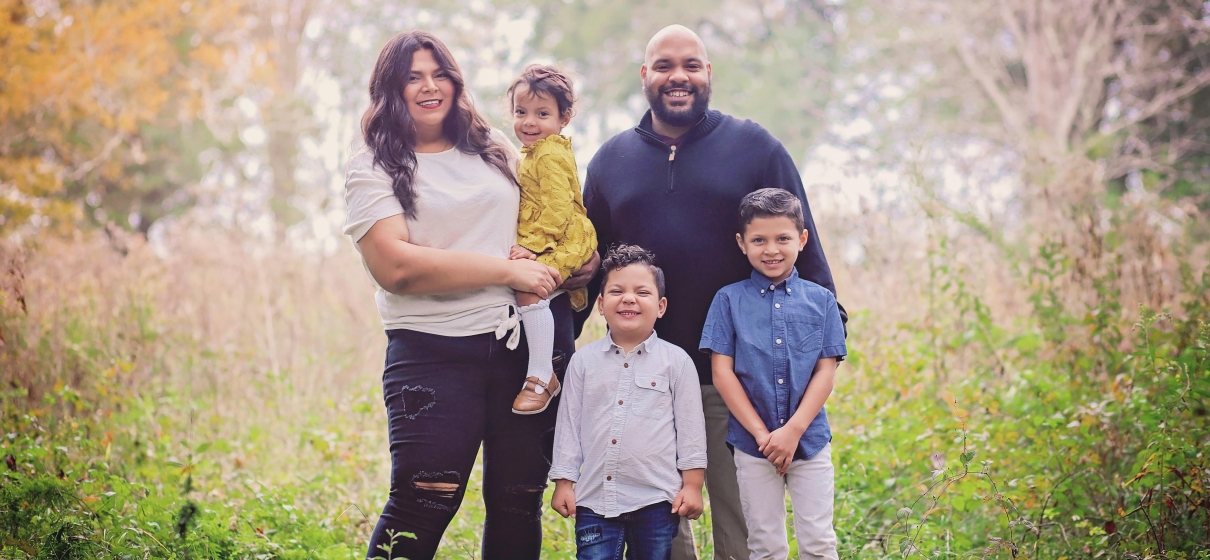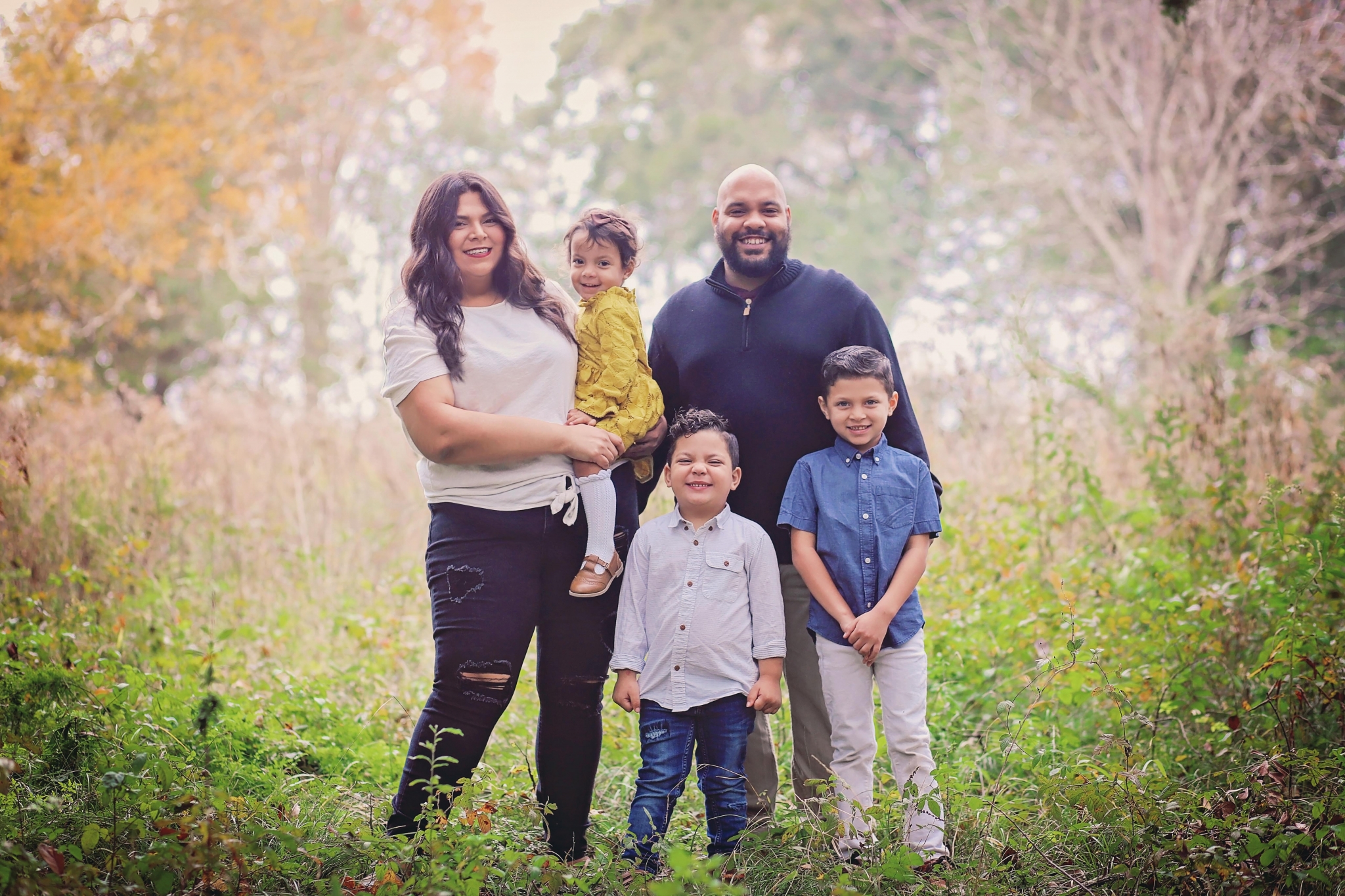How Can I Do More for God?
It’s a question so many well-intentioned Christians ask: “How can I do more for God?”
You experience the love of God and the goodness of the Gospel, and your natural, automatic response is, God did something significant for me, so I want to do something significant for Him! How can I pay him back?
The problem is nothing we could do for God could ever repay him for the grace he has shown us in the Gospel. In fact, God isn’t sitting around waiting for someone to offer their assistance so he can finally get something done around here. And there’s really nothing we can offer to God that he doesn’t already have.
So… what can we do for God, we wonder.
To find the answer, we start trying things like serving in the church, reaching out to neighbors, and being better stewards and employees and husbands and mothers and friends. But at some point, serving stops being convenient. It starts creating tension, conflicts with our goals, becomes overwhelming, and, little by little, we drop the plow we excitedly picked up in an effort to perform for the God who loves us unconditionally. The problem for many of us is we have the wrong idea of what it means to serve. It’s not about what we can do for God out of obligation or recompense, and more about how we can partner with him in love.
To help illustrate the difference, I want to give you two different pictures of Jesus and the way he served the Father during his earthly ministry. These are beautifully illustrated in the book The Burden is Light by Jon Tyson.
AMERICAN JESUS
If we were to write the Gospels today, they would be infused with this winner script. They would probably go something like this:
“Jesus was born of a virgin (a great start), and as a teenager, he was passionate about his Father’s house. He started his ministry with a prophetic declaration about the kingdom of God, fulfilling truth in a new and spectacular way. He then called disciples, gathered momentum, confronted hypocrisy, healed the sick, raised the dead, and challenged Herod. Then he voluntarily died to become the savior of the world. He rose again in victory, proving to everyone that he was alive, then ascended into heaven. Right before he arrived, the heavens opened and the Father announced, ‘This is my Son, whom I love; with him I am well pleased.’ The angels stood to their feet, the disciples raised their hands in victory, and all of heaven rejoiced.”
For generations we have been trying to earn our Father’s applause by following this script. But of course, that’s not how Jesus’s life was ordered at all.
AUTHENTIC JESUS
The actual Gospels are not ordered like this. They show Jesus spending almost thirty years in relative obscurity. Before he healed a sick person, raised the dead, confronted hypocrisy, made disciples, preached to the crowds, and died and rose again, he was baptized. And at Jesus’s baptism, his Father declared, “This is my Son, whom I love; with him I am well pleased.”* Jesus hadn’t done anything public or important yet, so what could the Father have been pleased with? It’s simple. Relationship. Jesus spent thirty years abiding in his Father’s love, and that was enough. What pleased the Father was not Jesus’s accomplishments but his intimacy. This is the same thing that pleases him in our lives today.
Because Jesus was aware of his Father’s approval before starting his ministry, he didn’t have to compete with others during his ministry. The Father’s approval gave Jesus the security to avoid an addiction to success and scandalously give his life away in love. [1]
You see, Jesus lived a life of ministry out of love. He loved the Father and knew he was loved by the Father, regardless of his performance or success. There was no trying to pay the Father back for his love; his life was simply an expression of the love he had already received in his relationship with the Father.
When we go to serve God, whether it be in the local church, in the community, in our families or workplaces, we must adjust our motivation and remember this: God already loves you and accepts you because of Jesus. There is nothing that you can do to earn his love or repay him for it. So, when you serve, let it be out of an abundance of love and devotion.
Will it be difficult? Sometimes.
Will it be inconvenient? Often, yes.
But a life lived partnering with Jesus in love is a life lived as a son and daughter – not simply a servant.
If you’d like to find ways to get connected serving in this local expression of the church, click here. We’d love to help you find a place to serve that suits your gifts and talents and serves the body of Christ effectively.
[1] Jon Tyson, The Burden Is Light: Liberating Your Life from the Tyranny of Performance and Success (Colorado Springs, CO: Multnomah, 2018), 52-53.




